Frequently Asked Questions
What's the first step to apply?
First, you must be enrolled at ACC. Please see this page for information about how to get started.
What skills or backgrounds do most Phlebotomists have?
Excellent psychomotor/hand-eye coordination, organization, concentration, interpersonal and communication skills are necessary to learn and work as a Phlebotomist.
Is Medical Terminology required to apply to the program?
No.
Is CPR required to apply to the program?
No.
Are clinicals offered on the weekend?
No. Clinicals are only available Monday- Friday.
Will I be able to advance my education after completing the Phlebotomy Certificate?
Yes, Phlebotomy is often considered a “stepping stone” program as the skills you learn can help you in many other health science fields, such as nursing. In addition, the MLT AAS degree has Phlebotomy as a prerequisite to the program.
What is the outlook for jobs for Phlebotomists in the Austin/Central Texas area?
Phlebotomists are in high demand in the Austin area. Phlebotomists can find employment in many types of employment settings.
Is the Phlebotomy Technician program accredited?
The program is nationally approved through the National Accrediting Agency for Clinical Laboratory Sciences (NAACLS).
How much does it cost to attend the Phlebotomy program?
An approximate cost report is available on this page.
Are the Phlebotomy faculty members experienced teachers?
The Program Director/Department Chair has 20+ years of experience working with a variety of students in a teaching hospital environment and has been with ACC since 2006. Faculty members have a minimum of 5 years teaching experience in the program, and most faculty have over 10 years of clinical experience in a variety of settings.
What types of resources does the program have?
Both the Eastview and Round Rock Campuses maintain medical libraries, including a large number of texts and references. Phlebotomy students also have access to ACC computer labs at all campuses.
Can I do this program part time?
No, the Phlebotomy Program is designed as full-time courses of study which enables the student to finish as quickly as possible and earn the ability to apply to take the Board of Certification exam upon successful completion of the program. Also, clinicals must be done during regular department work hours which are weekday, primarily day-time hours.
How many students are accepted each semester?
24 students are accepted each semester.
Which campuses offer Phlebotomy classes?
The program is offered at the Round Rock and Eastview campuses in the Fall, the Eastview and Cypress Creek campuses in the Spring, and the Cypress Creek campus only in the Summer. Each campus section has a max class size of 12 students.
Is there a tardy or absence policy for the Phlebotomy program courses?
Due to the intense nature of Phlebotomy education, missed class or clinical hours may seriously affect a student’s ability to complete the requirements of his/her course(s). Each course syllabus contains information regarding attendance requirements and procedures. Excessive tardiness may result in the application of the Corrective Action Process or even withdrawal from the Program.
Will I have to wear a uniform or dress a certain way while in the Phlebotomy program?
Yes, all Phlebotomy lecture and clinical courses have a Dress Code. Detailed information on the Phlebotomy Dress Codes is found in the Phlebotomy Student Handbook. For on-campus and clinical courses, MLT students are required to meet a Dress Code which includes wearing a teal scrub top, pant, and tennis shoes.
I need to work while in the Phlebotomy program, is this possible?
As stated in the Phlebotomy Information Session, the amount of time a student must spend in study, practice and attending clinical is significant. The Program cannot make accommodations for a student’s work schedule.
Upon successful completion of the program, can I be certified?
Yes, since the program is accredited by NAACLS, all students who successfully complete the program are eligible to take the American Society for Clinical Pathology (ASCP) national certification exam. It is in the best interest of the student to take this exam as soon as possible after graduation.
Search the Health Sciences Website
Phlebotomy Technician Updates
Feedback Hub: Walk-In & Share your voice!
The Health Sciences division is hosting a walk-in session to gather your feedback on our forms processes and website.
Read moreBats to Cats Transfer Program
Start at ACC and transfer seamlessly to Texas State University! If you are pursuing a Bachelor's degree, get the details on admissions requirements, deadlines, and financial support.
Read moreUPDATE: Central Health MAP Basic Insurance
Central Health - Medical Access Program (MAP) Basic coverage is no longer accepted at clinical sites effective Fall 2024. Only MAP (non basic) will be accepted.
Read more

